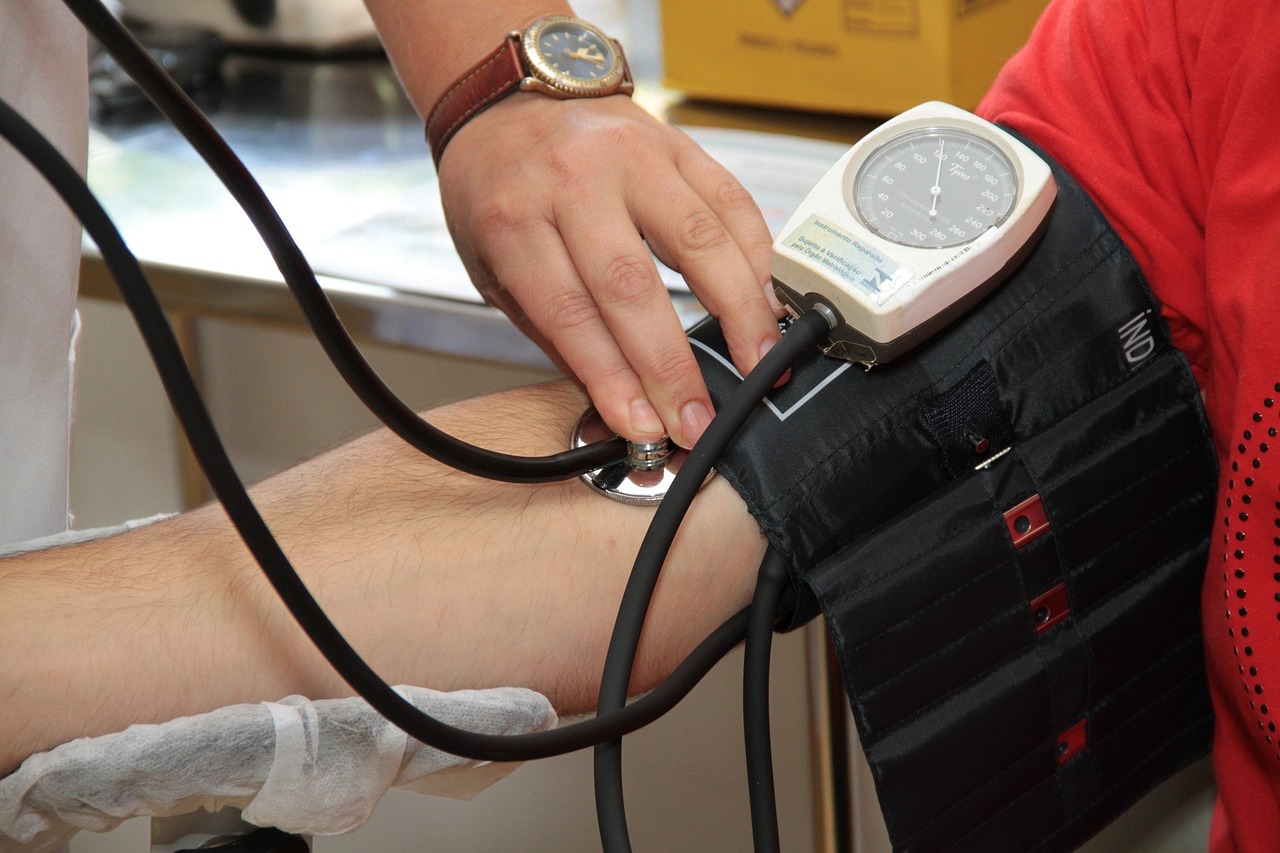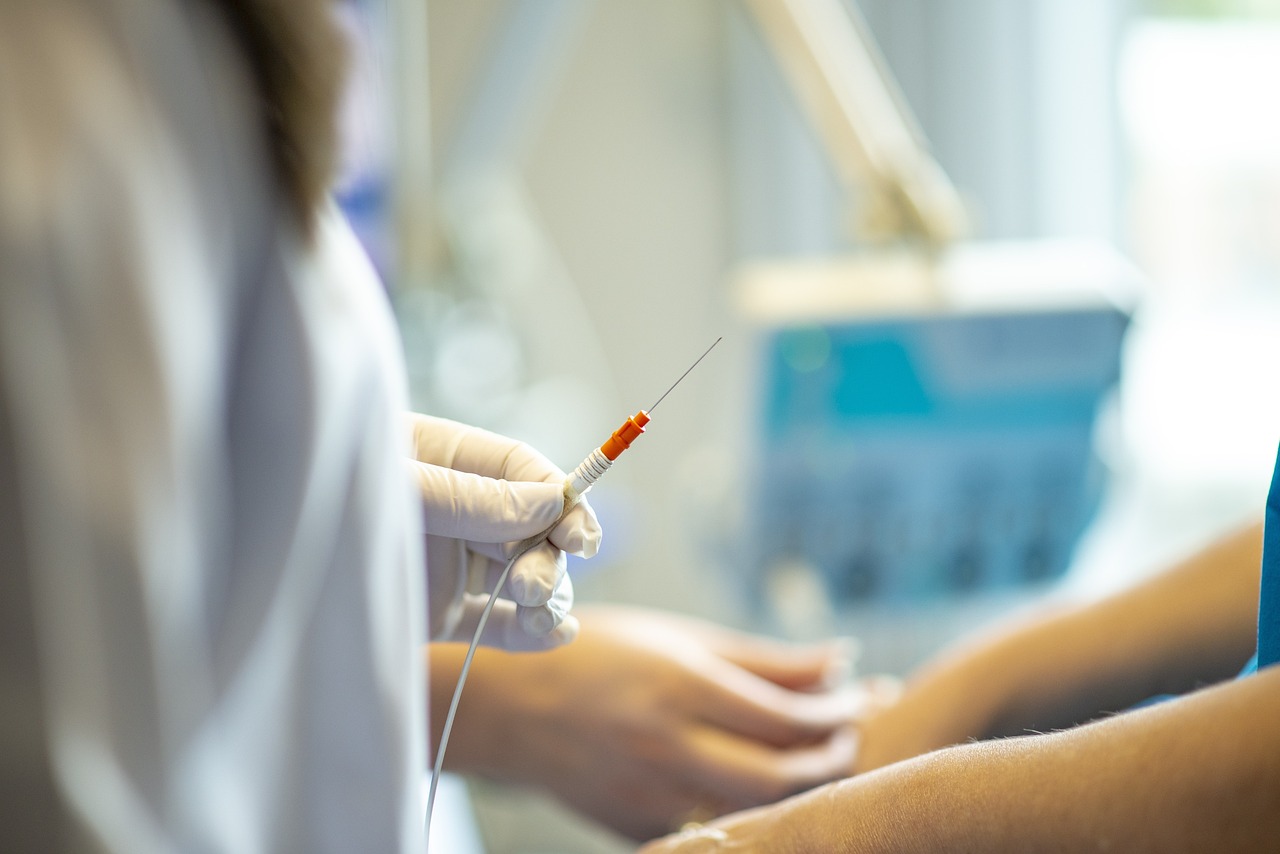Changes happening before and during menopause can be complicated. The first step to cope with menopause age and symptoms is self-awareness. If you have a history of depression, you might be more vulnerable at this stage in life. Watch your emotions closely as you approach menopause if you have never dealt with hormonal moods like premenstrual syndrome (PMS) and postpartum depression. And when you ever feel out of control, seek professional help immediately. Behold effective ways to deal with mood swings and hot flashes.
Dealing With Emotional Roller Coaster
A decline in estrogen causes more than irregular periods. It can make you feel like you are always in the PMS state. Understand that it is normal to experience mood swings during perimenopause and menopause. Feelings such as sadness, irritability, and loss of motivation will creep in. Fatigue, tension, aggressiveness, anxiety, and lack of concentration are also common. Through lifestyle changes, you can manage these feelings. Make your life easier by following these practices.
• Stay connected to your loved ones and the community
• Eat balanced diet and work out
• Get creative
• Avoid alcohol and tranquilizers
• Develop new friendships
• Yoga, meditation, and breathing exercises
Dealing With Hot Flashes
Hot flashes are very common when transitioning to menopause. They can be described as sudden heat spreading throughout the body, accompanied by palpitations, sweating, and face flushing. This can be very uncomfortable and may go on for years. Hot flashes occurring at night are known as night sweats. Sometimes, they can disturb your daytime activities. Some women think they don’t need to make any changes if the symptoms are mild. However, it is imperative to take the necessary steps to manage the condition. Before you resort to medication, consider lifestyle changes for about three months. If the hot flashes keep you up all night, you might want to invest in an AC or drink some cold water before going to bed. More tips for dealing with hot flushes are as follows:
• Quit smoking and drinking alcohol
• Layer the bedding
• Use a bed fan or portable fan
• Avoid caffeine and spicy foods
• Maintain healthy weight
Talk to a Professional
There is no medication to prevent menopause age and symptoms. But you can relieve the unpleasant signs and manage chronic conditions with treatments such as estrogen therapy and low-dose antidepressants. A doctor may recommend estrogen to reduce hot flashes and prevent bone loss. If you’re experiencing anxiety or depression, there is no shame in seeking professional help from an expert. Find a therapist to create a plan that will get your emotional health on track.






